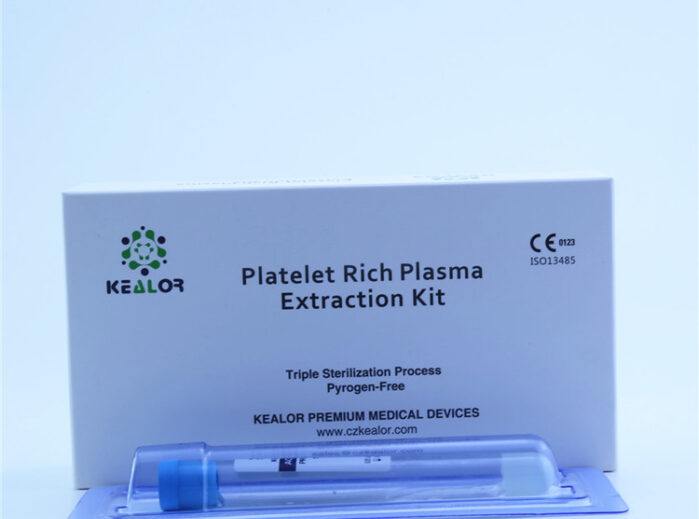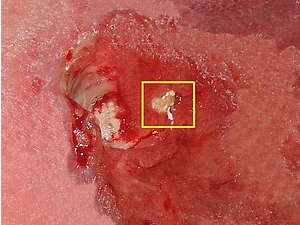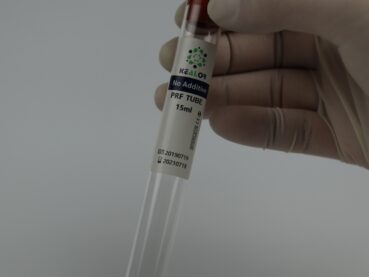There are specific indications and contraindications for using Platelet Rich Plasma (PRP) kits in certain medical conditions or procedures. The appropriateness of PRP therapy varies depending on the patient’s condition, the intended treatment, and other factors. Here are some general indications and contraindications:
Indications for PRP Therapy:
- Orthopedic Conditions:
- Indications: PRP therapy is often used for conditions such as osteoarthritis, tendinopathies (e.g., tennis elbow, Achilles tendonitis), ligament injuries, and muscle strains. It may help reduce pain, improve function, and promote tissue repair.
- Dermatological and Aesthetic Procedures:
- Indications: PRP is used in dermatology and aesthetics for facial rejuvenation, hair loss treatment (e.g., androgenic alopecia), scar reduction, and skin texture improvement. It can enhance collagen production and tissue regeneration.
- Wound Healing:
- Indications: PRP may be applied to chronic non-healing wounds, diabetic ulcers, and surgical wounds to facilitate healing and tissue regeneration.
- Dental and Oral Surgery:
- Indications: PRP can be used in dental and oral surgery for procedures like dental implants, bone grafting, and periodontal surgeries to promote bone healing and reduce complications.
- Musculoskeletal Injuries in Athletes:
- Indications: Athletes with sports-related injuries, such as muscle tears, may benefit from PRP therapy to expedite recovery and return to sports activities.
- Ophthalmology:
- Indications: PRP has been explored in ophthalmology for conditions like dry eye syndrome and corneal ulcers to improve ocular surface health.
Contraindications for PRP Therapy:
- Active Infections: PRP therapy is contraindicated in patients with active infections, including systemic infections or localized infections at the treatment site, as it can introduce the risk of spreading infection.
- Hematologic Disorders: PRP therapy may be contraindicated in patients with bleeding disorders or hematologic conditions that affect platelet function or coagulation. Careful evaluation and consultation with a hematologist may be necessary.
- Cancer: PRP therapy is generally contraindicated in patients with active cancer or a history of cancer at the treatment site due to concerns about potential tumor growth stimulation.
- Severe Systemic Illness: Patients with severe systemic illnesses or conditions that compromise their overall health and ability to heal may not be suitable candidates for PRP therapy.
- Pregnancy and Breastfeeding: PRP therapy is typically avoided during pregnancy and breastfeeding due to potential safety concerns and a lack of sufficient data on its effects in these populations.
- Allergies and Sensitivities: Patients with known allergies to components used in PRP preparation (e.g., anticoagulants) should not undergo PRP therapy with those specific components.
- Immunosuppressive Medications: Patients on immunosuppressive medications that weaken the immune system’s response may not be good candidates for PRP therapy, as it relies on the body’s natural healing mechanisms.
It’s essential for healthcare providers to conduct a thorough evaluation of each patient’s medical history, perform appropriate diagnostic tests, and consider potential contraindications before recommending PRP therapy. Additionally, the decision to use PRP should be based on the latest clinical guidelines and evidence-based practice for each specific medical condition or procedure.








